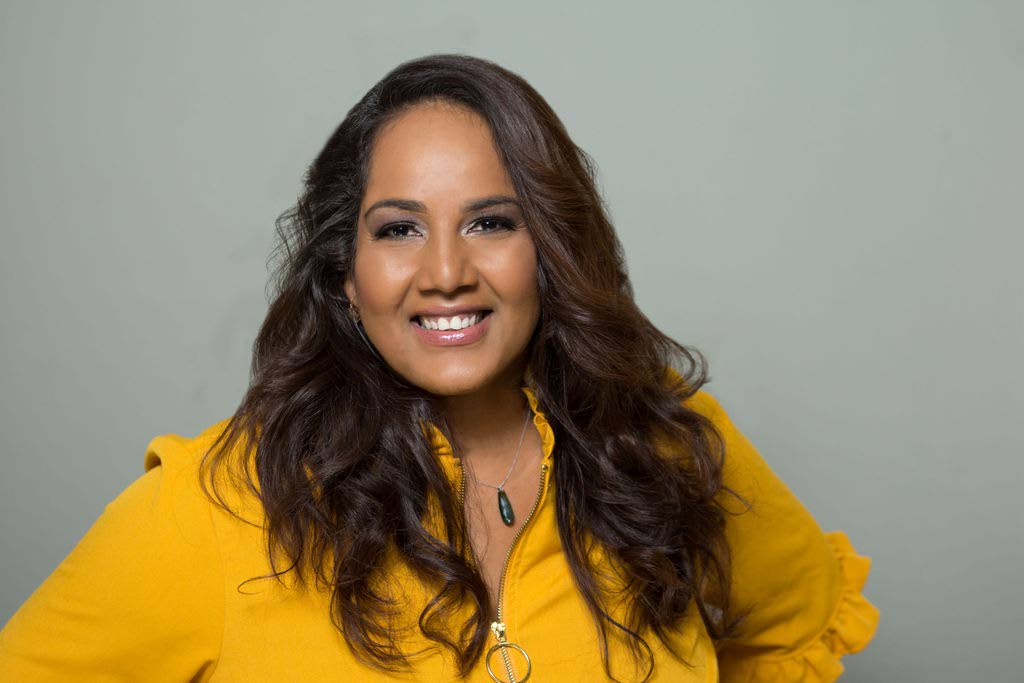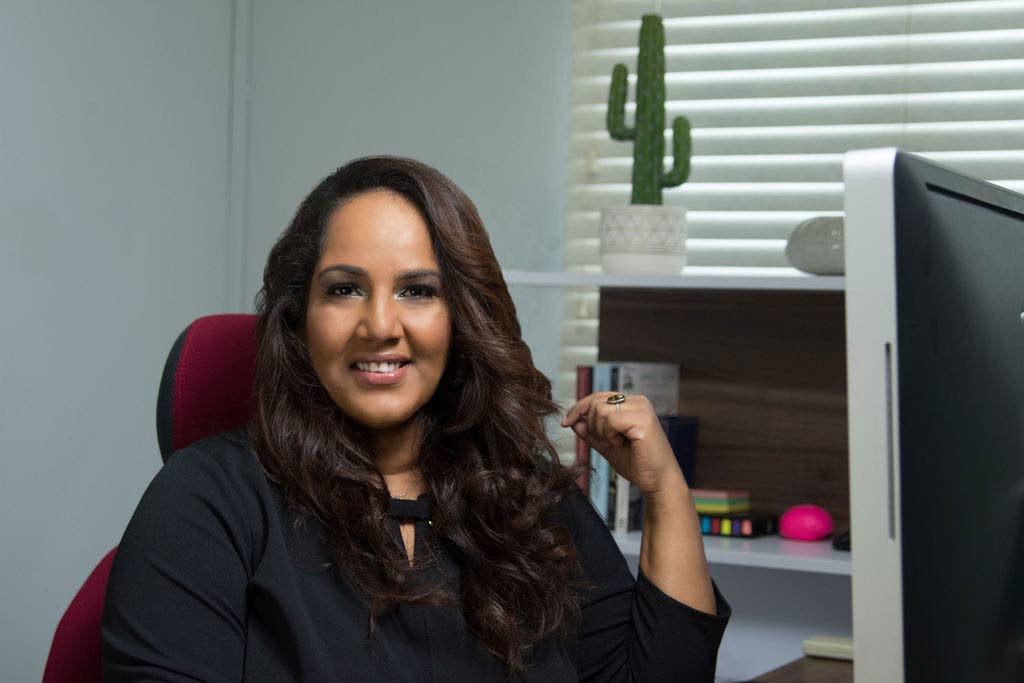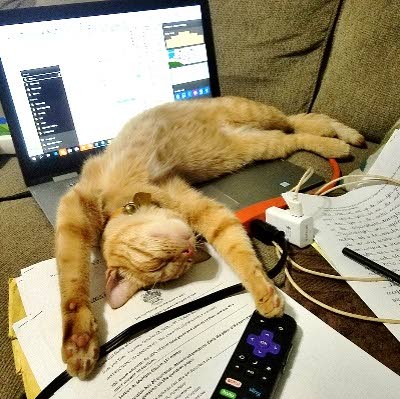Dr Katija Khan: Outspoken advocate for mental health

A global appreciation of the importance of mental health and well-being has been on the increase over the years, and the services of clinical psychologists like Dr Katija Khan aresought after. The psychological toll that the covid19 pandemic has taken on the world has significantly increased that demand.
"The application of psychology is also very wide-ranging in times like these," Khan told WMN. Among them: providing counselling for frontline workers; helping people infected with or suspected of having covid19 cope with the illness or quarantine conditions; helping the public, teachers, parents and children cope with their anxieties and stresses; capacity-building in psychological first aid; identifying and targeting problems caused by the increased prevalence of domestic and intimate partner violence, child abuse, substance abuse; and helping design effective behavioural messaging campaigns that increase compliance.
"What I hope for is that even after the pandemic has subsided, the contribution of psychology is still recognised in a tangible way, through the expansion of access to free counselling and psychological assessments throughout the national public health and education services."
Although she's just 43, Khan's experience in the field goes back many years.
"I have been working in higher education in psychology for 20 years as an academic, clinician and researcher, and working in clinical psychology for 15 years.
"Of these, I spent ten years in Jamaica and England studying, training and working. In England I worked more in the field of neuropsychology, which is a branch of clinical psychology that is under-represented in the Caribbean. I worked in the areas of neurodegenerative diseases (like Alzheimer’s disease) and how factors like culture and ethnicity affect the way our brain perform tasks."

When she returned to TT, she continued to work in neuropsychology but also branched back into other areas of clinical psychology, including psychotherapy and psychological assessment.
"I am a former student guild president and a proud alumna of the UWI St Augustine and Mona campuses and Naparima Girls' High School. I always intended to return to the Caribbean and make my contribution to society here, so being at the UWI (lecturing), an institution of excellence, empowering and advancing the region is very important to me.
"I also enjoy doing public outreach and psycho-education."
Khan is a member of the UWI covid19 task force; on the executive council of the Caribbean Alliance of National Psychological Associations, an honorary consultant clinical psychologist with the North Central Regional Health Authority; and consultant psychologist on the Psychology Task Force, University of Guyana, among other things.
Khan told WMN as a member of the covid19 task force she is involved in research, training and outreach efforts.
"Together with researchers across the Caribbean, we are looking at the psychosocial impact of the covid19 pandemic on members of the public, different service providers, as well as staff and students. From this we hope to find out ways that we can improve interventions to help everyone manage their mental health and wellbeing during and after the pandemic.”
She has done webinars, podcasts, presentations and videos for students, the Ministry of Health and some of the regional health authorities, the TT Medical Association, the police Victim Support and Witness Unit, Caricom Impacs (Implementation Agency for Crime and Security), Coalition against Domestic Violence and the Caribbean Tourism Organisation.
She said her mother, Leila Khan, a retired schoolteacher, always held her, her two sisters, and her students to a high standard. "I credit her with my passion for pursuing higher education."
Psychology was not the path she first intended to take.
"I was first accepted into UWI to study law and then I had a change of heart. The way we interpret our world and are shaped by our experiences, our biology and our genetics, as well as our capacity to endure, influence and change are fascinating to me," causing her to channel her tenacity and interest in advocacy towards psychology. Now, she trains future psychologists and doctors, whose passion to learn feeds hers as an educator.
"They keep me intellectually sharp and committed to lifelong learning."
In her practice, she accepts the good and the bad.
"Working with clients is taxing but incredibly fulfilling work. I see it as a privilege that they place their trust in me to help them. I am always encouraged and inspired by my clients’ resilience, courage and willingness to face their struggles."
Coming from a family of "strong, independent and caring women," Khan said she is extremely passionate about the welfare of children.
"Our childhood experiences impact us throughout our lives. 'It is easier to build strong children than to repair broken men' is a Frederick Douglass quote that resonates with me."
She said the uncertainty of this pandemic can be especially difficult for children.
"Children’s brains are still developing and so they may not yet possess the language and communication skills to express clearly how they feel and may also lack the self-knowledge and awareness to understand what they are feeling and why, indeed many adults still struggle with this," especially in homes where there is a greater risk of domestic violence or child abuse. She said it is important that everyone, including children, learns how to communicate, cope and manage their stress levels to limit the long-term impact of this global trauma.
"I use my Facebook page as a medium to promote psychological well-being and mental health, so if the message reaches one additional person, I’m happy."
UWI, St Augustine has also just released a series of short videos on its YouTube channel through which she shares tips on coping with different aspects of the pandemic for the public as well as staff and students.
Meanwhile, she accepts that with all her knowledge and experience, she too is human and can fall prey to the psychological effects of the situation.
"I’ve had to make concerted efforts to follow my own guidelines that I suggest for others. My workload has increased significantly through various projects tackling the impact of the covid19 pandemic, but I frame it as a welcome opportunity to make a bigger contribution," with the help of her supportive social network of family, friends and her partner.

“Working from home and shop closures have meant more cooking and more housework. When I'm tired, it's hard to keep on top of it. But my partner and I have found ways to compromise and share the responsibilities – I cook and he cleans. This formula plays to our individual strengths, as the reverse roles would probably end up with us starving and trapped under a mountain of laundry.
"I message, speak and video daily with my mum and two sisters, who have been lifelong bastions of support. My nieces Aliya and Ava and my nephew Ethan are a sure recipe to bring a smile to my face. They keep me humble and grounded, as children tend to do, and inspire me every day to be a better person."
She also shares resources and support with her psychology colleagues in TT and the region, takes frequent breaks from sitting in front of the computer, and exercises and gets fresh air very day.
"I have a succulent garden which is thankfully tolerant to my occasional lapses in tending to it. My very cute and faithful cat, Kitana, is great company while I work from home. Cuddling her is great pet therapy, especially in these times of necessary physical distancing, when I can’t hug my nieces and nephew."
She said she is very discerning of what information she consumes on social media, shying away from fake news, conspiracy theories, prejudicial political mischief-making or fearmongering posts.
"Animal posts and funny memes counter these, though. The Caribbean penchant for creativity and humour is boundless, so I take every chance to laugh when I can."
But most important, she said, is recognising when she has reached her stress-tolerance limit – when she gets tired, anxious, hungry or irritable.
"There is a maxim I espouse often for psychologists and anyone else in a caring and helping role – you can’t pour from an empty cup. So I try to keep my cup filled by recharging through regular self-care. I don’t always get the formula right, but I try to do a little better the next day."
Her life, though, is not just about academics and work.
"I love to read and I own more books than I could ever read in a lifetime, but I still acquire more and share with my family, friends and students. A favourite hobby of mine is going to garage sales and secondhand sales...so I’ve amassed a motley collection of used books, antiques and curiosities over the years."
She is also a nature lover, and loves spending time with family and friends.
Advocacy, she said, has an extra-special place in her heart.
"Two years ago I was involved in a near-death car accident which totalled my car, but was incredibly lucky to walk away from with few injuries.
"It did give me pause to reflect on my life and what kind of legacy I wanted to leave behind. Twenty years on into my career I still deal with sexism and ageism in some Caribbean workspaces. but have gotten more adept at standing my ground and refusing to cave in to an outdated and oppressive status quo.
"I am keenly passionate about the Caribbean being a space where all persons can enjoy their human rights without fear and prejudice, be they persons living with mental health illnesses, children, students or the LGBT+ community. So I will continue to be an outspoken advocate.
"Apart from my career as a psychologist, academic, research scientist and advocate, above all I want to be remembered as someone who was kind, caring and resourceful, a loyal friend and team player who made others feel valued, and as a funny and loving aunty."


Comments
"Dr Katija Khan: Outspoken advocate for mental health"